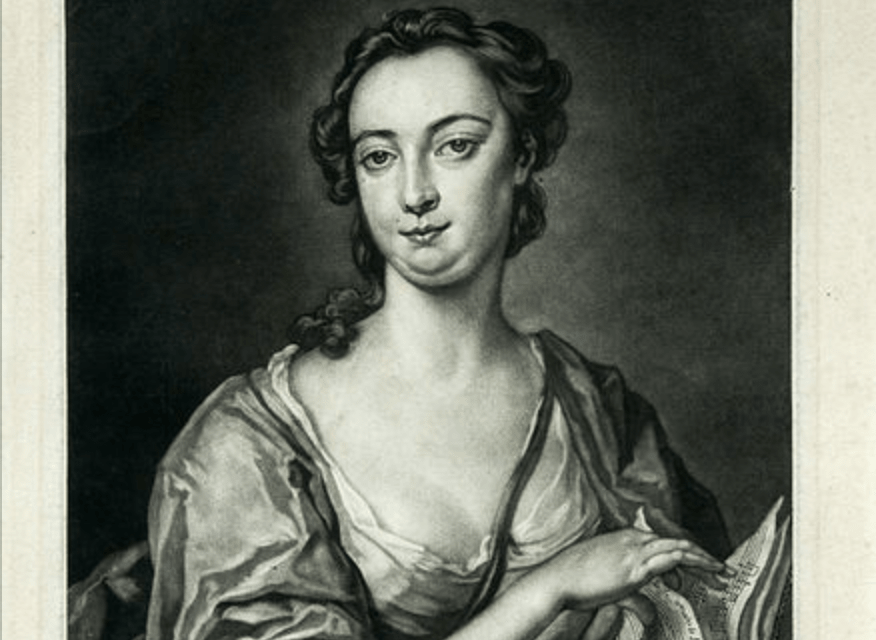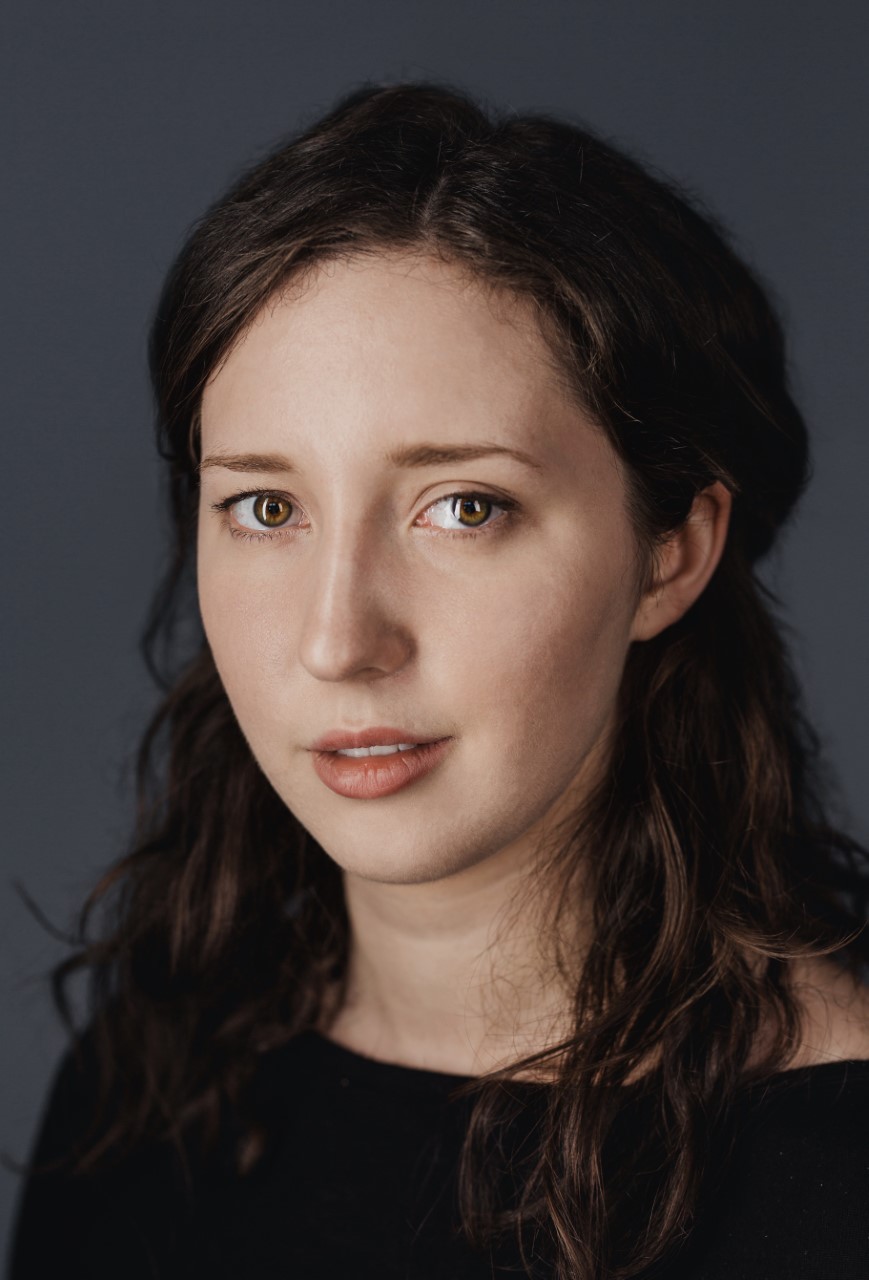RNCM student solves 250-year discrepancy
Vocalist Rachel Allen uncovers the real death date of 18th century soprano, La Francesina.
Rachel Allen, a fourth-year exchange student at the RNCM from Toronto, has uncovered the real death date of French soprano Élisabeth Duparc. Better known as La Francesina, the singer is best remembered for appearing in several premieres and performances of the oratorios and operas of Handel.

Élisabeth Duparc aka La Francesina
Rachel made the discovery after choosing to research La Francesina for a project as a part of Cheryll Duncan’s Music and the London Stage 1650-1750 research elective.
‘I am fascinated by the lives of women in history, especially those not as explicitly discussed as their male contemporaries, which is why I wished to research La Francesina in the first place,’ Rachel explained.
During her reading Rachel noticed several publications including the Grove Music Online listed La Francesina’s death as 1773. A discrepancy arose, however, when she came upon a short biography of the singer in a book about pastellists before 1800 (the famous soprano was also a talented artist), wherein details of the singer’s life were given that Rachel hadn’t seen elsewhere, including her full name and details of a will. Rachel was then able to verify this information with an 18th century text that described a chapel in Hammersmith where an Élisabeth Duparc was buried.
‘[La Francesina] has not been written about in much detail, despite singing in numerous premieres of Handel’s works, so by this point I was looking anywhere to find more information about her,’ Rachel said.

Rachel Allen
Subsequently Cheryll Duncan was able to help Rachel locate and transcribe La Francesina’s will to finally confirm the singer’s real year of death as 1778.
‘It was less of a historical discovery really and more connecting dots,’ Rachel said. ‘The art world had known this for a while!’
Nevertheless, Cheryll notified Grove Music Online of the discovery, who have subsequently commissioned both Cheryll and Rachel to co-author an amended entry on La Francesina.
‘This was the most exciting and unexpected development for me personally!’ said Rachel. ‘It’s quite exciting get to contribute to the historical canon, even in this small way.’
‘It certainly feels like a deeply satisfying outcome to an undergraduate research elective!’ agreed Cheryll.
20 May 2020

